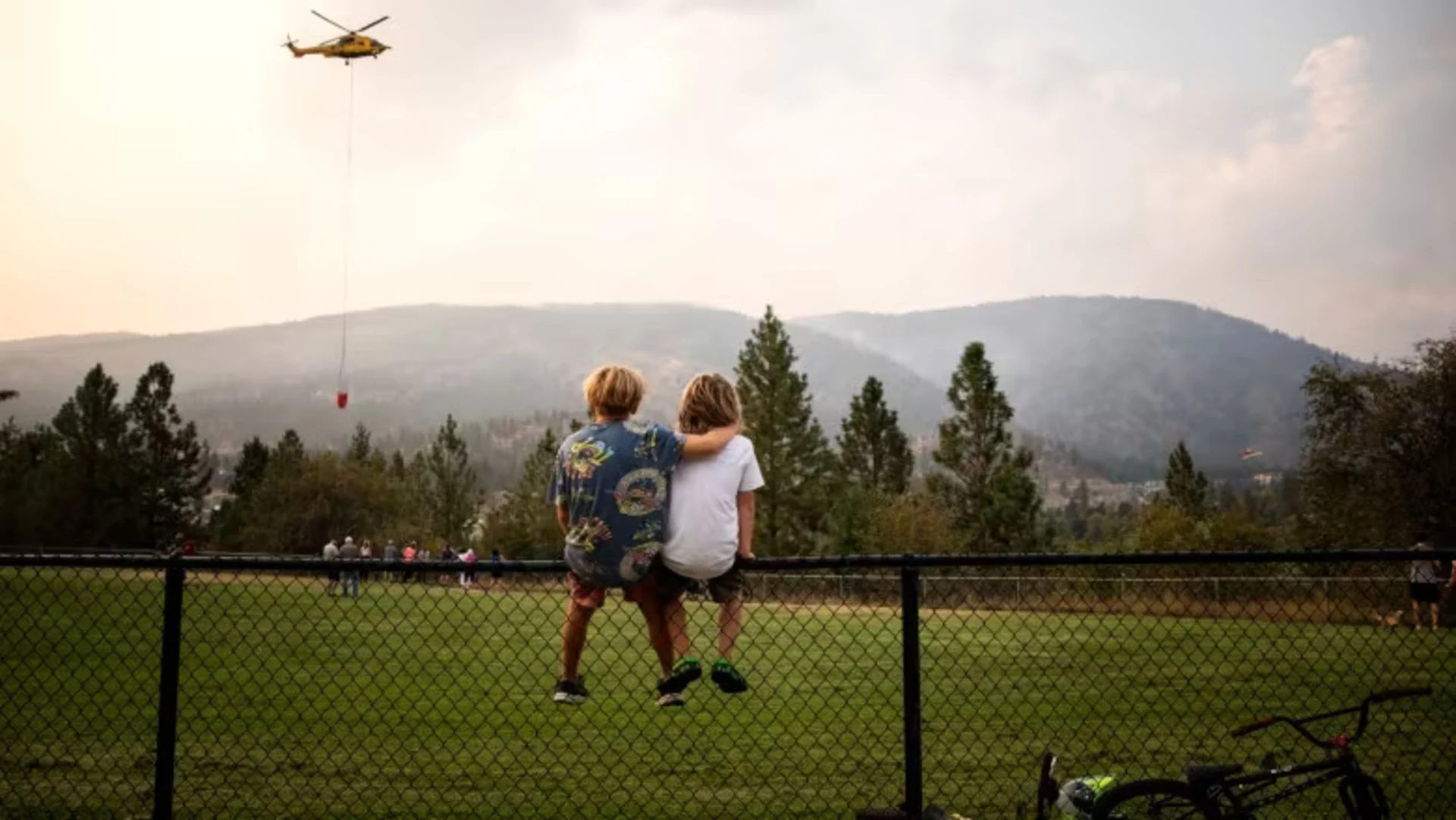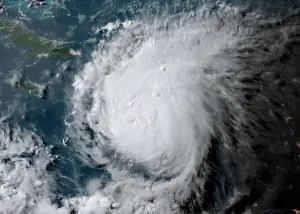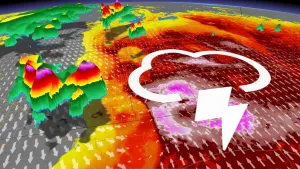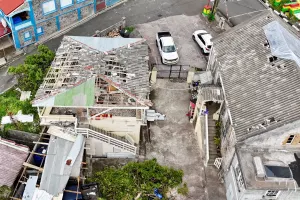
Crews battling Okanagan fires are in it for the 'long haul' as heat continues
Visit The Weather Network's wildfire hub to keep up with the latest on the unprecedented wildfire season across Canada.
British Columbia's wildfire service says fire activity could pick up in the Okanagan Valley in the short term and crews are preparing for a "long haul" to contain the destructive McDougall Creek blaze amid ongoing dry, warm weather.
The B.C. Wildfire Service (BCWS) said Monday that the fire burning near West Kelowna, B.C., has seen increased activity due in part to "poor overnight recoveries, with some smouldering ground fire growth."
Officials said the potential for a rise in fire behaviour remains Monday, despite the region seeing two millimetres of rainfall the day before.
The McDougall Creek wildfire, which is part of the Grouse Complex, remains classified as out-of-control and is currently estimated at more than 137 square kilometres in size.
SEE ALSO: What to do with fridge full of food after long, wildfire-induced power outage
In a video posted to social media Saturday, BCWS incident commander Scott Rennick said firefighters have made progress on the wildfire, but dry weather and temperatures in the mid-to high-20s are expected to persist in an area that is already experiencing drought conditions.
"It's going to be a long haul," Rennick said. "It's going to be a matter of weeks now, not days, in order to get this fire in some state of containment."
Almost 200 properties were either destroyed or damaged by the McDougall Creek fire in mid-August after conditions caused it to explode in size.
WATCH NOW: Rare 'fire tornado' caught on camera by B.C. wildfire crew
'Very aggressive' fire activity in central B.C.
The BCWS says long weekend weather conditions caused "very aggressive fire activity'' on several active blazes in the province's central Interior.
The service says the area covering the Vanderhoof and Fort St. James fire zone saw less humidity than expected, coupled with hot temperatures and strong winds over the long weekend.
RELATED: Late-season wildfires are usually caused by people, B.C. officials say
The wildfire service says the conditions increased fire behaviour in the region, spurring evacuation orders and alerts in rural areas by the Regional District of Bulkley-Nechako and the Regional District of Fraser-Fort George.
In Bulkley-Nechako, the regional district says it has ordered the evacuation of all properties west of the Kenney Dam due to the Lucas Lake wildfires, and properties to the dam's east remain on alert.
In Fraser-Fort George, the regional district ordered the evacuation of Electoral Area G due to the Great Beaver Lake wildfire, which was discovered at the beginning of July and has grown to 107 square kilometres.
Thumbnail courtesy of Justine Boulin/CBC.
This article was originally written for CBC News.









